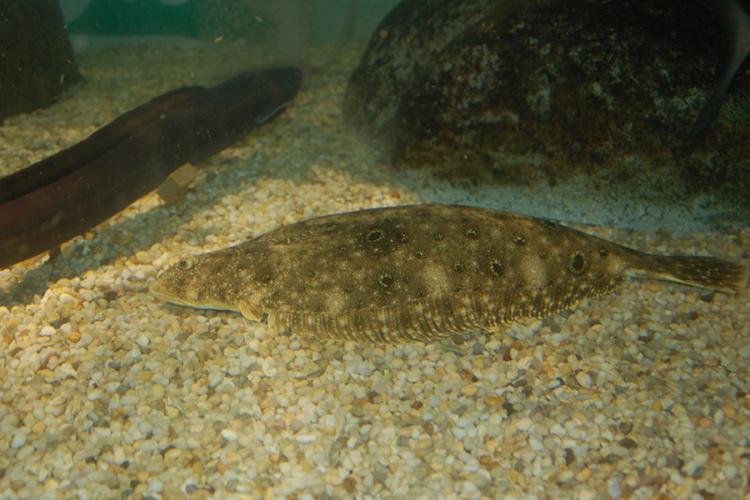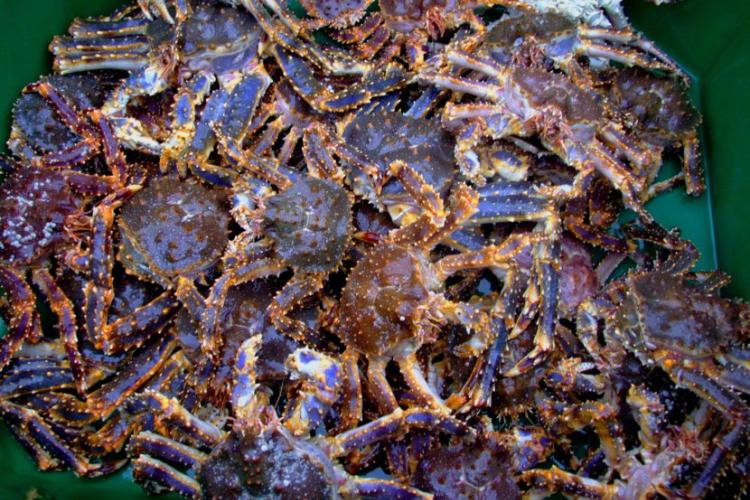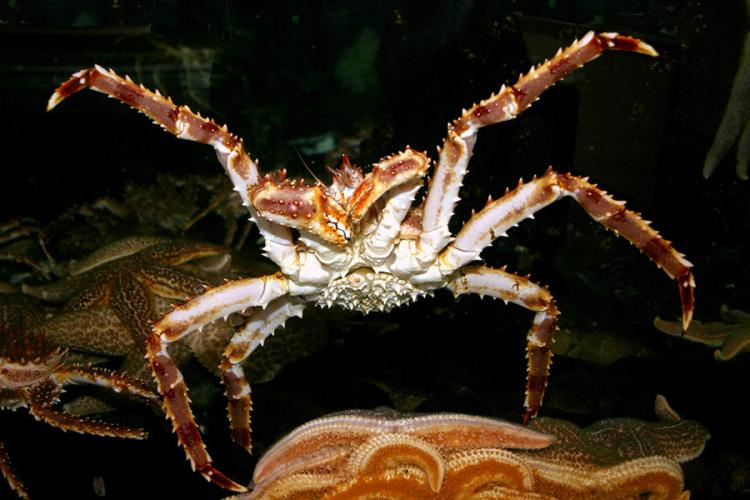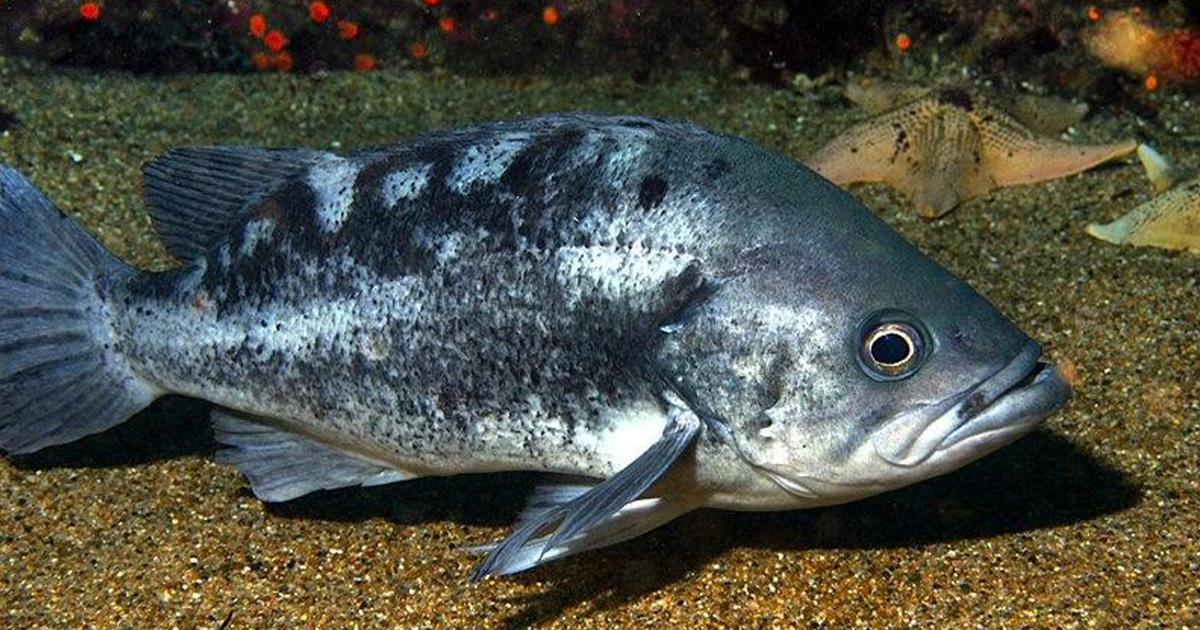A NOAA report details case studies showing how US regional fishery management councils can use a new tool to incorporate ecosystem stressors into their decision making.
Managing US federal fisheries is complex. Fish and other animals don’t live in a vacuum—they interact with their environments in many interconnected ways as part of a greater ecosystem. These ecosystems are ever changing. They can be vulnerable to natural stressors as well as human-induced stressors such as climate change, fishing pressure, pollution, and habitat loss.
Sustainably Managing Fisheries
A new report from NOAA’s Office of Habitat Conservation illustrates a systematic way for US regional fishery management councils to address current challenges and advance ecosystem-based fisheries management. Making sound management decisions depends on access to reliable, accurate, and actionable tools and information.
NOAA Fisheries is increasingly moving toward ecosystem-based fisheries management to sustainably manage our nation’s marine fisheries. This approach builds off of traditional single-species fishery management, and also considers social, economic, and ecological trade-offs across multiple fisheries and habitats.
 A summer flounder. The commercial and recreational summer flounder fishery is economically important on the East Coast. The Mid-Atlantic Fishery Management Council used an ecosystem risk assessment to understand which ecosystem interactions pose the highest risk to summer flounder stocks. They are using this information to prioritize specific management actions for this fishery. (Image credit: NOAA Fisheries)
A summer flounder. The commercial and recreational summer flounder fishery is economically important on the East Coast. The Mid-Atlantic Fishery Management Council used an ecosystem risk assessment to understand which ecosystem interactions pose the highest risk to summer flounder stocks. They are using this information to prioritize specific management actions for this fishery. (Image credit: NOAA Fisheries)
Ecosystem Risk Assessments
One tool in this effort is the ecosystem risk assessment. These management decision tools show a species’, fishery’s, or ecosystem’s vulnerability to changes. Fishery management councils are using them to integrate large amounts of ecosystem information in a standardized, yet flexible and transparent way. This helps them to identify issues to prioritize in science or management.
 Blue king crabs caught in Alaska as part of a research effort aimed at restoring depleted wild stocks. Despite mitigation efforts, the blue king crab fishery has remained closed since 1999. An ecosystem risk assessment can help shed light on complex and non-intuitive ecosystem interactions to help this species recover. Credit: Celeste Leroux/Alaska Sea Grant
Blue king crabs caught in Alaska as part of a research effort aimed at restoring depleted wild stocks. Despite mitigation efforts, the blue king crab fishery has remained closed since 1999. An ecosystem risk assessment can help shed light on complex and non-intuitive ecosystem interactions to help this species recover. Credit: Celeste Leroux/Alaska Sea Grant
The report demonstrates the effectiveness of ecosystem risk assessments in fishery management through five regional case studies. They span the nation from Alaska to the East Coast. They examine how fishery management councils have applied them to economically important fisheries such as summer flounder and blue king crab. The examples show how these tools can help to incorporate ecosystem information at three different stages of adaptive management:
- As a screening tool during early scoping
- As a prioritization tool for understanding where to focus management efforts
- As a means to incorporate information into decision-making
 A red king crab in Alaska. Red king crabs are predators of blue king crabs in their juvenile life stages. Therefore, modeling red king crab populations in response to ecosystem changes can help scientists to understand how blue king crab populations may also change under different scenarios. (Image credit: NOAA Fisheries)
A red king crab in Alaska. Red king crabs are predators of blue king crabs in their juvenile life stages. Therefore, modeling red king crab populations in response to ecosystem changes can help scientists to understand how blue king crab populations may also change under different scenarios. (Image credit: NOAA Fisheries)
The report also highlights that ecosystem risk assessments can help to build trust among stakeholders and promote common understanding about dealing with uncertainty during the decision-making process. Taking lessons from the case studies, the report authors conclude with additional recommendations for optimizing their use.



